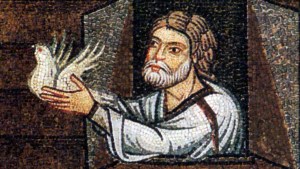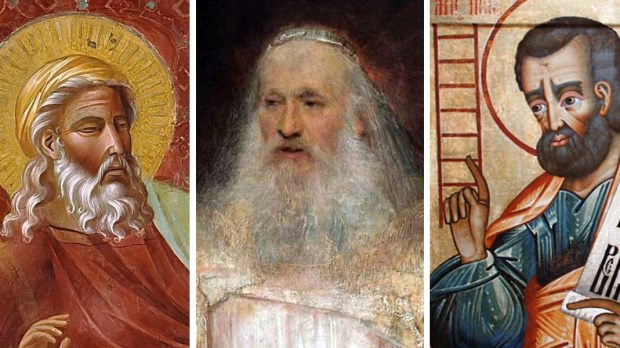In the Old Testament narratives, there are three primary figures who are involved over and over again. These figures are known as the “patriarchs” of both Judaism and Christianity, and were among the first to obediently follow God’s will.
The first patriarch is Abraham, whose faith in God is exalted throughout the Bible. God said to him, “No longer shall your name be Abram, but your name shall be Abraham; for I have made you the father of a multitude of nations” (Genesis 17:5).
The second patriarch is Isaac, the son of Abraham. Isaac freely accepted his fate as a sacrifice to God and carried the wood that would have fueled the fire beneath him. Yet, God spared him because of Abraham’s faithful obedience and blessed him with children.
The third patriarch is Jacob (Israel), the son of Isaac. He was blessed by his father over his twin Esau, and would go on to become the father of 12 tribes, eventually forming the nation of Israel.
When God revealed himself to Moses, he invoked these patriarchs to help identify who he was.
And he said, “I am the God of your father, the God of Abraham, the God of Isaac, and the God of Jacob.” And Moses hid his face, for he was afraid to look at God. (Exodus 3:6)
Jesus repeatedly invoked the patriarchs, as did early Christians. Both tried to assure the Jewish people that Jesus was the same God as the God of the patriarchs.
The God of Abraham and of Isaac and of Jacob, the God of our fathers, glorified his servant Jesus, whom you delivered up and denied in the presence of Pilate, when he had decided to release him. (Acts 3:13)
The stories of the patriarchs are important to know, and recall the rich patrimony of the Christian faith that extends thousands of years into the past.

Read more:
Did Noah really live for 950 years?
Read more:
5 things you probably didn’t know about Sarah, Abraham’s wife

